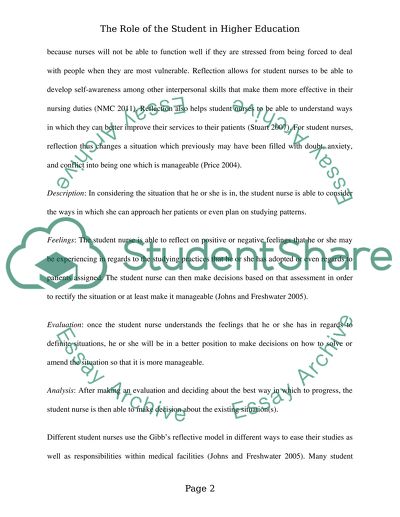Cite this document
(“The Role of the Student in Higher Education Essay”, n.d.)
Retrieved from https://studentshare.org/education/1491357-the-role-of-the-student-in-higher-education
Retrieved from https://studentshare.org/education/1491357-the-role-of-the-student-in-higher-education
(The Role of the Student in Higher Education Essay)
https://studentshare.org/education/1491357-the-role-of-the-student-in-higher-education.
https://studentshare.org/education/1491357-the-role-of-the-student-in-higher-education.
“The Role of the Student in Higher Education Essay”, n.d. https://studentshare.org/education/1491357-the-role-of-the-student-in-higher-education.


